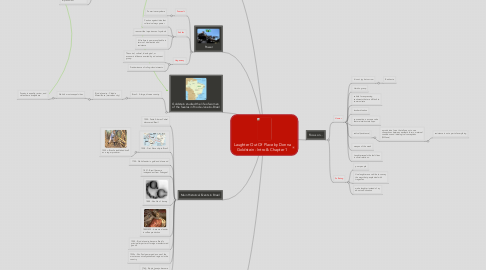
1. Focus on...
1.1. Humor
1.1.1. It is not joy but sorrow
1.1.1.1. Bad taste
1.1.2. Hard to grasp
1.1.3. vehicle for expressing sentiments that are difficult to communicate
1.1.4. Insubordination
1.1.5. conservative, a escape valve that maintains status quo
1.1.6. radical (resistance)
1.1.6.1. a productive force that allows us to see connections between aesthetic forms, maternal conditions and ideiological conceptions (Williams)
1.1.6.1.1. resistance is not a part of everything
1.1.7. weapon of the weak
1.1.8. Laughter reveals the fault lines in social relations.
1.2. Suffering
1.2.1. poor people
1.2.2. Use laughter as a vehicle to convey the ways that people deal with tragedies
1.2.3. make laughter instead of cry about sad situation
2. Sources of Data
2.1. Bakhtin
2.2. Primary Informant is Gloria
2.2.1. A Domestic servant with several children
2.2.2. Engage with people immediately
2.2.3. Lives in Felicidade Eterna
2.2.3.1. Favela = Shantytowns
2.2.3.1.1. Impoverished communities
2.2.3.1.2. Life is too hard
2.2.3.1.3. Illness, discomfort, hunger, violence, abandonment, imprisonment
3. Power
3.1. Foucault
3.1.1. Power is everywhere
3.2. Sahlins
3.2.1. Caution against idea that culture is always power
3.2.2. reassert the importance of symbols
3.2.3. All culture is power, explicable in terms of domination and resistance
3.3. Hegemony
3.3.1. The social, cultural, ideological, or economic influence exerted by a dominant group.
3.3.2. Predominance of ruling-class interests
4. Goldstein studied the life of women of the favelas in Rio de Janeiro-Brazil
4.1. Brazil - A large, diverse country.
4.1.1. Rio de Janeiro - Cidade Maravilhosa (marvelous city).
4.1.1.1. World's most unequal cities
4.1.1.1.1. Poverty, inequality, racism, and violence are everywhere
5. Main Historical Events in Brazil
5.1. 1500 - Pedro Alvares Cabral discovered Brazil
5.2. 1538 - First Slave ship to Brazil
5.2.1. 1530s - Brazil established itself as a sugar producer.
